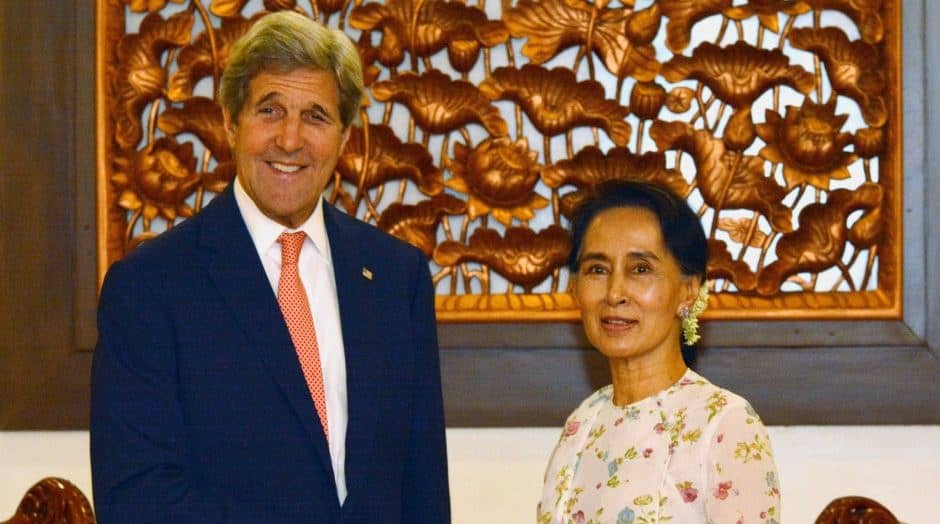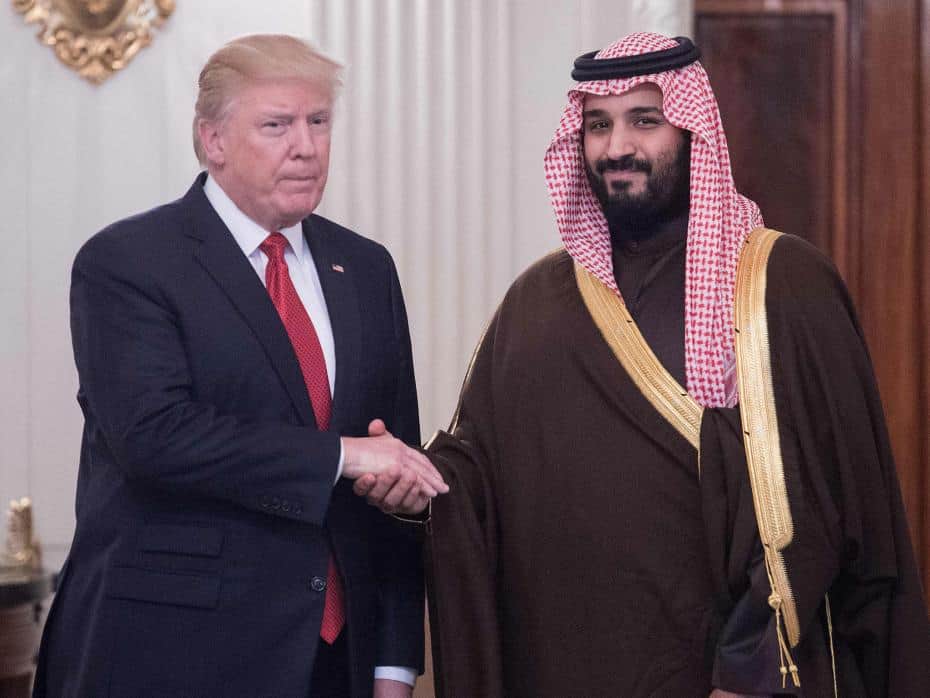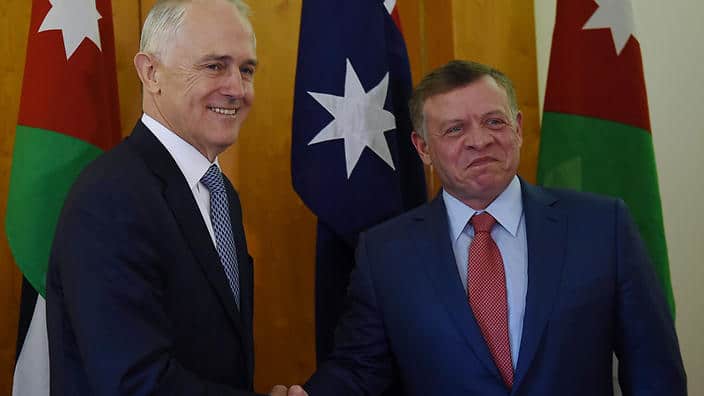Aung San Suu Kyi has made more predictably problematic remarks in recent days, taking her role in the continued public scapegoating of Burma’s Rohingya Muslims to a new low. A favoured darling of western powers who have long extolled her “democratising” influence on the people of Burma, Suu Kyi has also been constantly conspicuous by her silence and ill-timed comments when it comes to the oppression of Burma’s Rohingya Muslims.
When the latest round of anti-Rohingya oppression broke out in 2012, people around the world were astounded at Suu Kyi’s silence, though this did not come as a particular surprise to those familiar with her position as a favoured political player of several foreign interests.
Over time, her commentary has become increasingly bold in positioning the Muslim minority as the source of the problem.
Now Suu Kyi has problematised the very use of the word “Rohingya”, no doubt on the grounds that it refuses to accept the Burmese myth that all Rohingyas are in fact Bengali “immigrants” who need to be banished back to Bangladesh. Indeed, this historical obscurantism seeks to completely eliminate the fact of the Rohingya’s presence in the Burmese landscape for many centuries.
Specifically, Suu Kyi says that “emotive terms make it very difficult for us to find a peaceful and sensible resolution to our problems,”in reference to the use of the word “Rohingya”. She has reportedly gone so far as to suggest to the new US Ambassador, Scot Marciel, to refrain from using the term “Rohingya” for the persecuted Muslim minority.
The Rohingya Muslims of Burma remain among the most oppressed today. We ask Allah (swt) to ease their situation and will attempt to cover the latest of their situation through regular updates.
Aung San Suu Kyi calls for ‘space’ to address Myanmar’s Rohingya issue as John Kerry visits
Myanmar’s Aung San Suu Kyi has asked to be given “enough space” to address the plight of her country’s Rohingya Muslim population as visiting US Secretary of State John Kerry pressed the Nobel peace laureate to promote respect for human rights.
The United States has long supported Ms Suu Kyi’s role in championing democratic change in Myanmar, but was surprised this month when she suggested to the new US Ambassador Scot Marciel to refrain from using the term “Rohingya” for the persecuted Muslim minority.The Rohingya, most of whom live in apartheid-like conditions, are seen by many Myanmar Buddhists as illegal immigrants from Bangladesh and referred to by many as Bengalis.
“Emotive terms make it very difficult for us to find a peaceful and sensible resolution to our problems,” Ms Suu Kyi told reporters at a joint news conference with Mr Kerry in Naypyidaw.
“All that we are asking is that people should be aware of the difficulties we are facing and to give us enough space to solve all our problems.”
Mr Kerry said he had discussed the Rohingya issue with Ms Suu Kyi during their meeting, describing the issue as “very sensitive” and “divisive” in Myanmar.
“I know it arouses strong passions here,” Mr Kerry said.
“At the same time, we all understand as a matter of fact that there is a group here in Myanmar that calls itself Rohingya,” Mr Kerry said, adding that the US used that term.
“What’s critical to focus on is solving the problem. What’s critical to focus on is improving the situation on the ground to promote development, promote respect for human rights, and to benefit all of those who live in Rakhine and throughout Myanmar.”
There is widespread hostility towards Rohingya Muslims in the Buddhist-majority country, including among some within Ms Suu Kyi’s party and its supporters.
Taking up the cause of the beleaguered minority would carry a political cost for Ms Suu Kyi, who took on the newly created role of State Counsellor in April following the first-democratically elected Government in some five decades.
Last month, hundreds of demonstrators protested in front of the US Embassy in Yangon in objection to the use of the term Rohingya in a statement issued by the embassy.
Mr Marciel has said he would keep using the term Rohingya because it is Washington’s policy to do so.
“What we want to do is avoid any terms that just add fuel to the fire,” Ms Suu Kyi said in response to a question on her comments about the Rohingya.
In a clear reference to the US, she said her “well-wishers” should be helpful as she tries to work through the issue.
“While we are trying to find that solution, we would like our friends to be helpful in this,” she said.
“That is very difficult, I’m not denying that, and if our well-wishers are not ready to cooperate with us it will make our task that much more difficult.”
Mr Kerry was on a brief stop in the capital Naypyidaw before he joined President Barack Obama in Vietnam on Monday.
![]()















